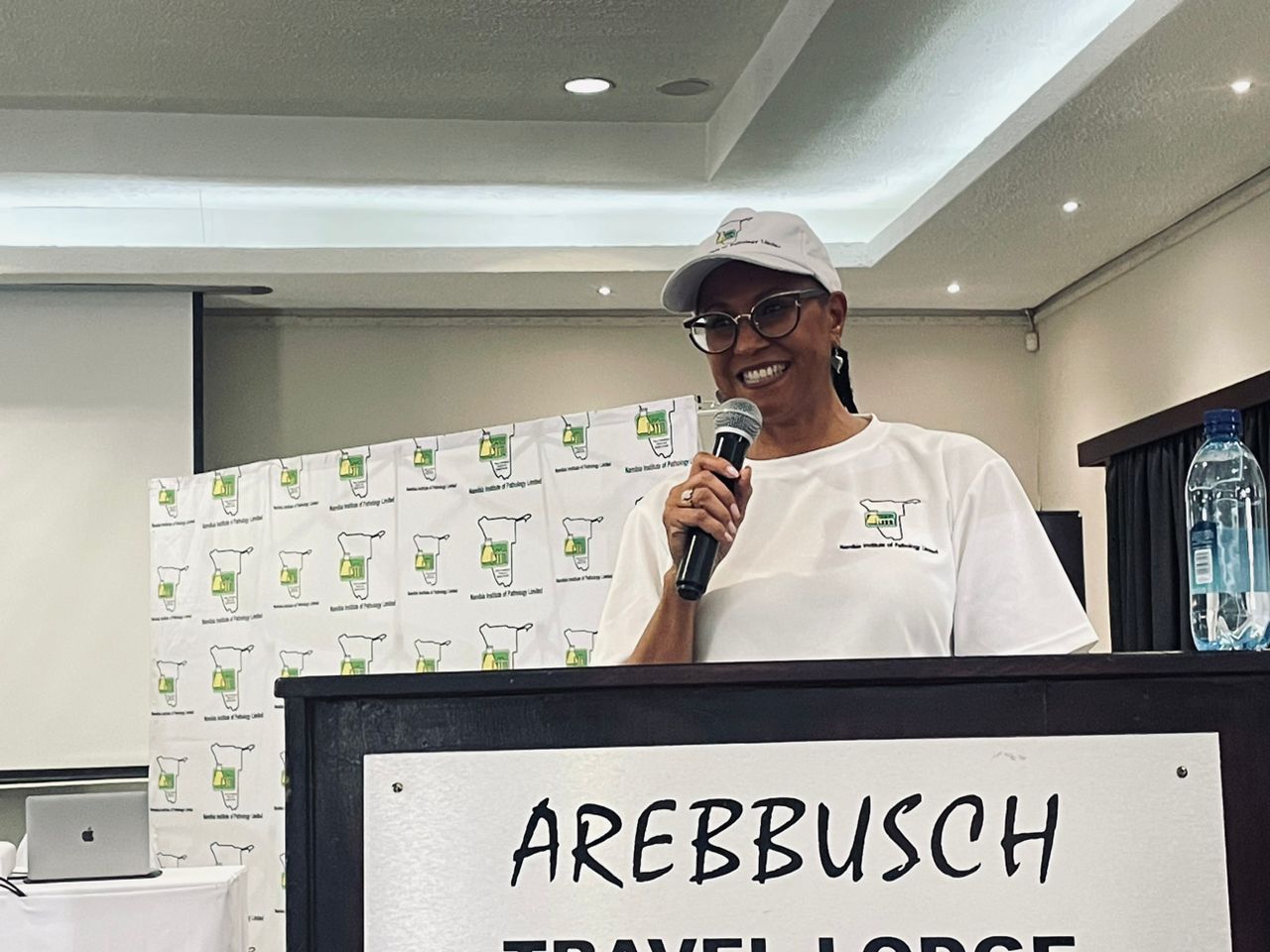Namibian Hip-Hop is in the spotlight for all the right reasons. A genre that has been underground for some time, Hip-Hop is finally receiving the attention and recognition it deserves, all thanks to passionate artists like Black Vulcanite, Jean Michael, Sinna-G and N.I.A who add value to the local Hip-Hop scene.
‘Champion’ singer D-Jay and rapper The Boy Jay, known for his lyrical creativity, agree that the genre has not reached its full potential yet and that with grooming and necessary support from fans as well as the artists themselves, the genre will be well on its way to reaching its potential.
D-Jay did however say that although Hip-Hop artists have grown, there seems to have been a decrease in the crowd.
“The Hip-Hop crowd has been dying. The 2008 to 2010 era saw a good crowd, but this crowd has been dying,” D-Jay said.
Various performances, shows, albums, music videos and songs have proven the talent and creativity that lies within Namibian Hip-Hop, and as much as there is immense potential for it to reach great heights, the genre is also under threat.
Artists have different views on why exactly the genre is in the position it currently is, but many seem to agree on certain factors: the importance of quality and the understanding of what Hip-Hop really is.
Former member of the Fugees, Lauryn Hill once described Hip-Hop as a movement which should not be confused for a trend.
This movement has over the years infiltrated cultures and countries far away from American urban jungles, taking root right here in Namibia, with die-hard fans who ensure the genre grows and flourishes in a previously Kwaito-clogged market.
Black Vulcanite’s Okin describes the genre as a culture which should be differentiated from the art of Rap or beat-boxing. He explained that Hip-Hop can be seen as the ‘company’ and Rap and beat-boxing as the ‘departments in the company’.
A number of Hip-Hop artists agreed with the idea of Hip-Hop being a culture or a way of life, which may explain the growth in quality of local Hip-Hop music.
061 Music’s Catty Catt says after a decade in the music industry, he can safely say that local Hip-Hop has grown at a satisfactory pace, but that the genre is threatened by a lack of quality products. He said that for a genre that has a lot of potential to reach international heights, there are various factors such as a lack of investment and dedication from the artists which contribute to this. He further said that for a good quality products to be delivered, an idea is not enough and that it is at the production stage where Hip-Hop artists fail to deliver the quality that is much needed.
“The culture has grown, but the artists want to be spoon-fed and do not want to invest in quality. They end up recording at any low quality studio and even if they are very good, the quality is not good and people end up not wanting to listen to them,” he said.
Catty Catt said that for Hip-Hop to reach its full potential, dedication and investment from artists as well as corporate bodies is needed. He also feels it is time government got involved in investing and supporting music in the country.
“Look at an artist like Exit. He has over the years invested in his own music and has not stopped investing in the quality of his work and he finally got recognition. If he could achieve that much with his own investments he can go so far with corporate support.
“We do not have enough quality studios, so the government can step in and provide a studio which we can pay to use, as long as it is available for us at any time. We are creatives and want to go into the studio and record,” the rapper said.
Stay informed with The Namibian – your source for credible journalism. Get in-depth reporting and opinions for
only N$85 a month. Invest in journalism, invest in democracy –
Subscribe Now!






